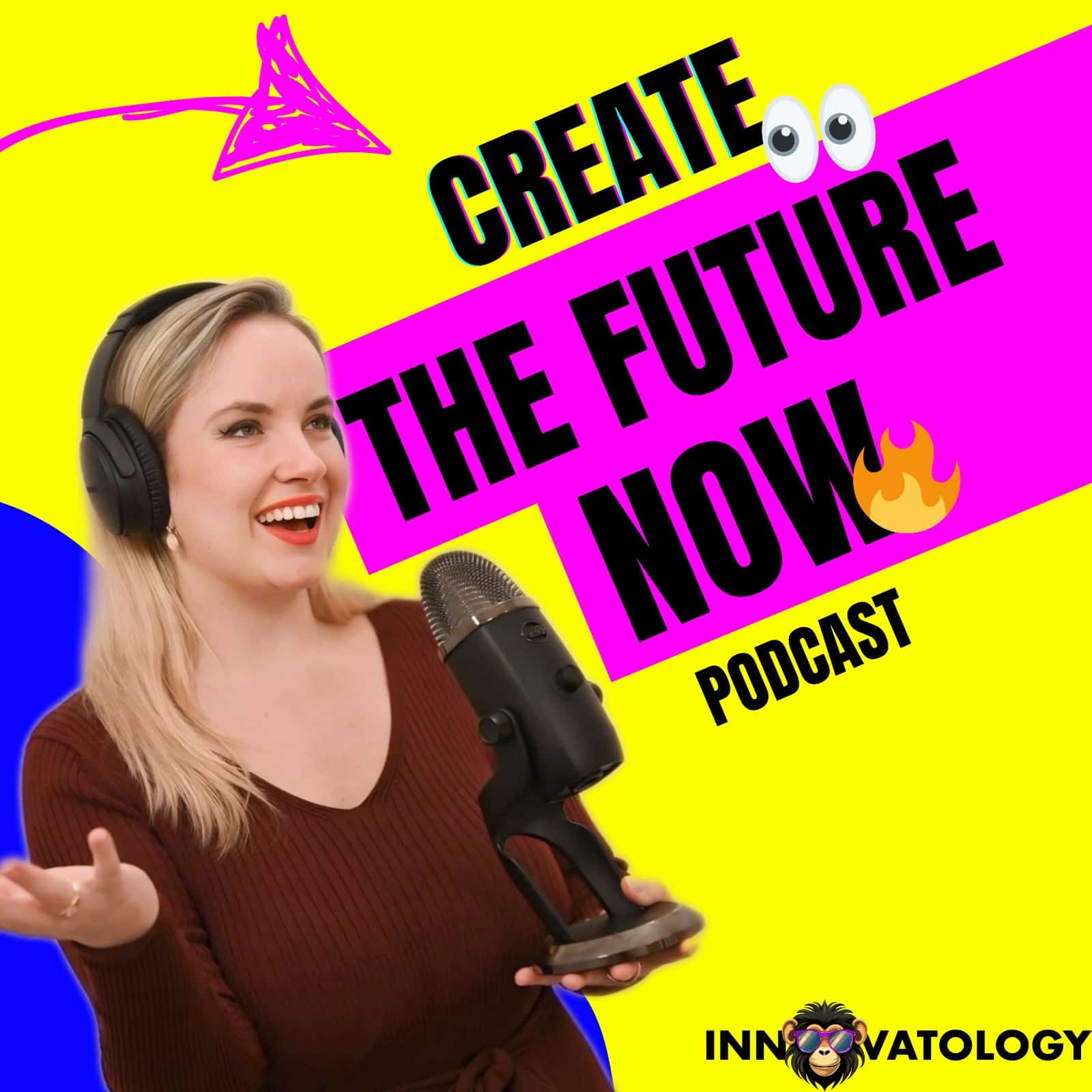Together with David, we’re simplifying digital transformation for organizations and everyday life. We’ll break down how digital transformation can streamline business processes, enhance productivity, and improve customer experiences. By leveraging technologies like cloud computing, artificial intelligence, and data analytics, organizations can stay competitive and agile. We’ll also explore practical tips for personal digital transformation, such as utilizing smart home devices, mobile apps, and online tools to simplify daily tasks and boost efficiency. Keywords to remember include digital transformation, business processes, productivity, customer experiences, cloud computing, artificial intelligence, data analytics, smart home devices, and online tools. Don’t forget to like, subscribe, and hit the bell icon for more videos on digital transformation, technology trends, and simplifying your digital life. Share your thoughts and questions in the comments below – we’d love to hear about your digital transformation journey!
Transcript;
00:00:01
All right. So hello everyone and welcome to our Inovatology podcast. Today, we are speaking about a really interesting topic, which is, which will make your life easier and simpler. So I’m Marie, I’m the co-founder of Inovatology and I am here today with Cedric, the other part of Inovatology, by night. Exactly. Just to tell you a bit more about Inovatology, Inovatology is one-stop shop for the latest tech and innovations. And we are trying to make things easier and simpler as we will be also talking about today’s topic. And this is mainly because we found a gap on the market that people have a lot of gaps in the digital skills and digital knowledges, and we want to make the digital and tech accessible to wider public, to you.
00:00:54
So let’s kick it off then. And we have here, David. Hi, David. Hi Marie. Hi Cedric. Good afternoon, everyone. Good afternoon to you as well. Can you please introduce yourself to our audience? Sure. I’m basically a digital consultant with around 20 years of experience internationally in the Middle East, in Europe and the UK, focusing on helping organizations ranging from micro enterprises, right through the large technologies, which make sense for their business and which generate a real impact and return on investment in the process. What I do is I actually bridge the gap between the technology from an AI point of view, so that I like to bridge the AI precision with a human touch. This is what I call it. So basically looking at technology from a people’s point of view.






